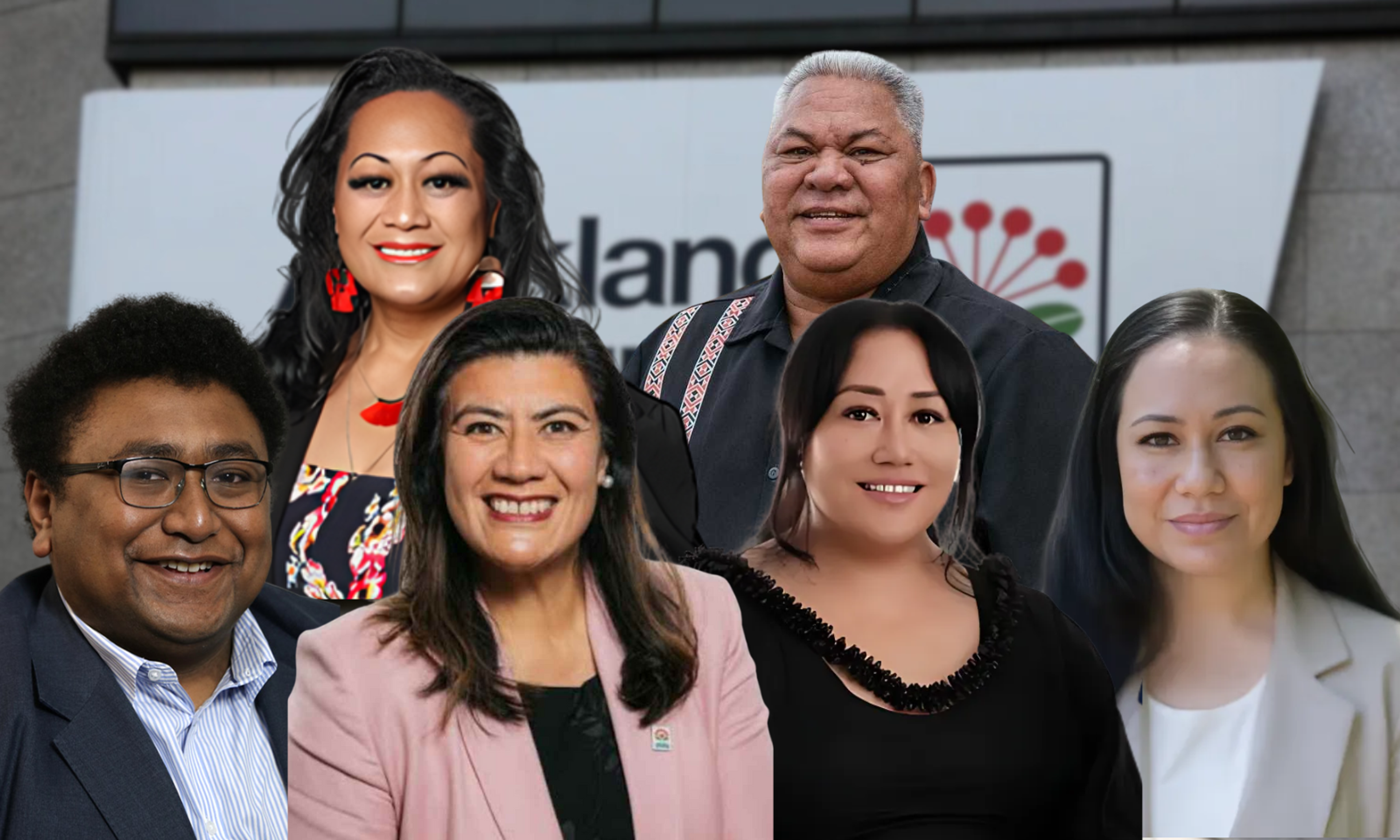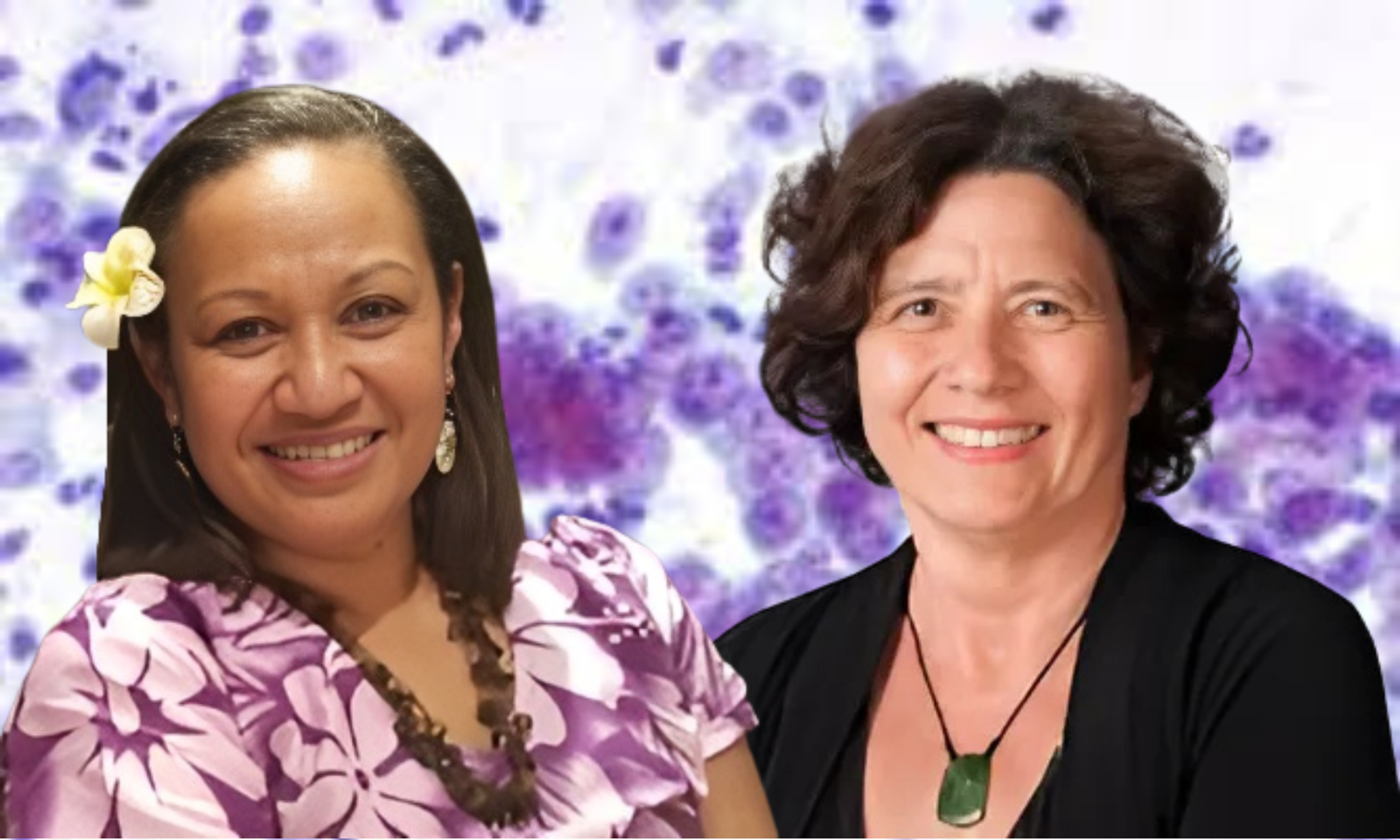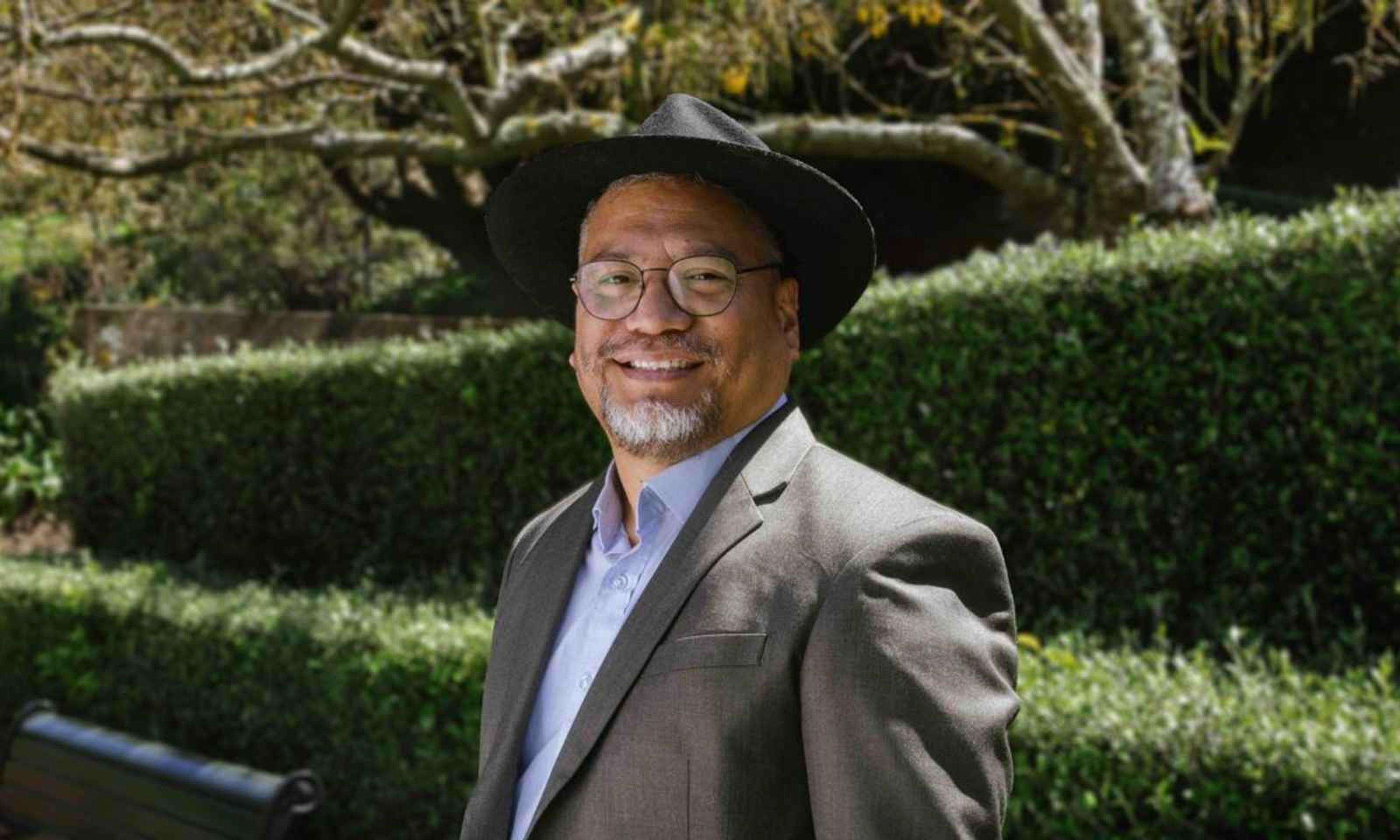

New research looks at the experiences of Pacific people in the justice system
Photo/ Supplied/ iStock
Impact of Dawn raids still lingers in criminal justice system - research
An all-Pacific research team has released two reports, looking at Pacific peoples' experiences in the criminal justice system, and why prisons should be abolished.





‘NZ couldn’t do the basics’: Green Party MP says the Gaza flotilla reflects a cry for action


Pacific candidates clash and converge on future of South Auckland



‘NZ couldn’t do the basics’: Green Party MP says the Gaza flotilla reflects a cry for action
New research is looking at Pacific peoples' experiences with the criminal justice system.
The University of Auckland's law faculty has released two reports, listing gaps in the current research, and recommendations for a "transformative justice future".
The all-Pacific research team spoke to more than fifty offenders, survivors, family members and legal professionals.
Lead researcher Litia Tuiburelevu says the overwhelming majority had negative experiences with the justice system.
“They felt that justice had not necessarily been done in their case, that there hadn’t been sufficient accountability offered, that there was a lack of support, that they felt very isolated and alone in the system.”
As for the reasons Pacific peoples may find themselves on the wrong side of the law, speaking to Levi Matautia-Morgan on 531pi’s Pacific Mornings, Tuiburelevu says some factors stem from being an "immigrant generation".
“The way that many Pacific peoples were racialised and painted and stereotyped as criminal offenders, [as] ‘thugs’ and ‘causing violence in the streets’. We see that with something like the Dawn Raids, the intense policing of our communities and the intergenerational harms and struggles that have emerged from that first point of coming to New Zealand.”
Recommendations in the report include steps to completely abolish prisons by 2040, an idea echoed by lawyer and advocate for indigenous rights, the late Moana Jackson.
“Racism and white supremacy are the seminal papa, or foundation, of colonisation. Economic and political interests were key motivations behind the fist decisions to “annex” New Zealand, but the colonisers’ presumption that they could assert their power in a land where they had never had jurisdiction before was race-based.”
Tuiburelevu says she can understand the idea of scrapping prisons may create a triggered response from people.
“What will happen to all the bad people, what will happen to everyone in prison? We often get those reactions.
“Abolition is not just about burning everything down and just leaving it and hoping something will happen, it’s actually a process of rebuilding for our communities and looking at what are the actual root causes of harm that are driving them into offending behaviour … so that we don’t actually get to the point of having to lock people up in cages.”
The report shows a cynical attitude towards the current system which hasn’t improved outcomes for Pacific communities. Tuiburelevi says it’s been difficult to appeal to politicians “who just have their ears closed” and believes changes will be driven from the grassroots level.
“It’s been shown time and time again even if you put all this information and evidence in front of these politicians that they [don’t] really listen and do anything transformative, so my hope has always been based on what our community can do and the power in our people.”